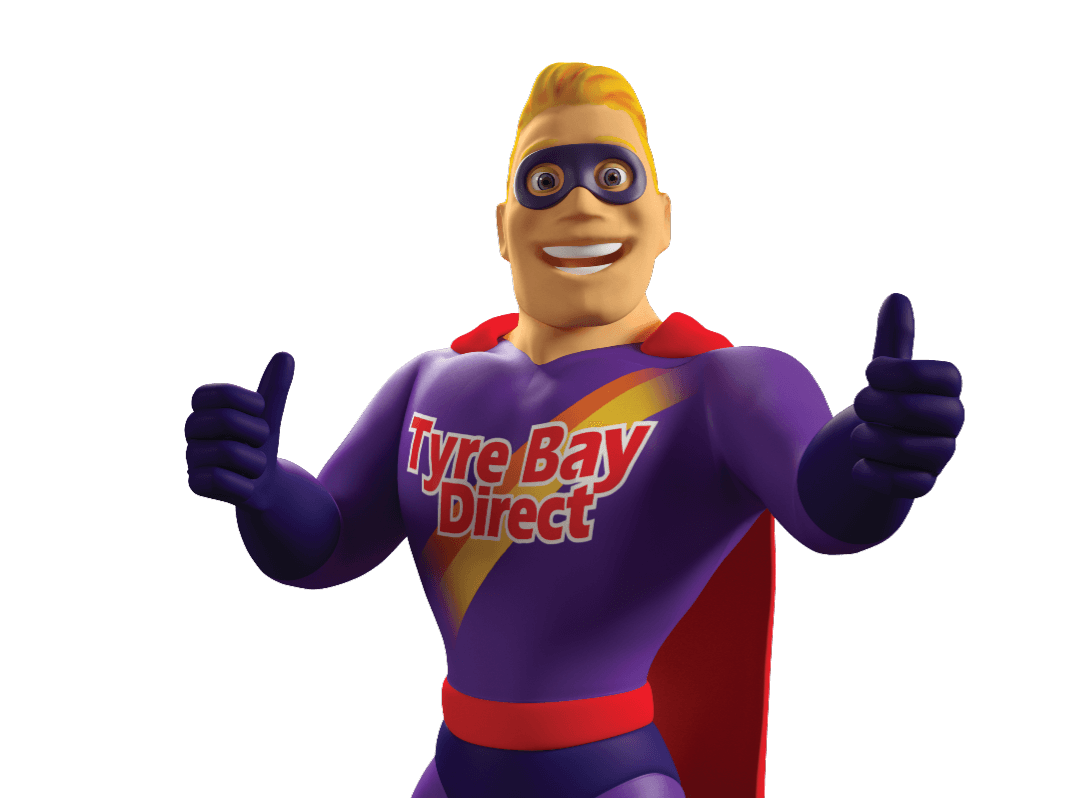Latest News
Tyre Bay Direct Reveals How Motorists Can Make Their Tyres Last Longer – March 6th, 2015
As British motorists continue to take advantage of low oil prices, Tyre Bay Direct has released an insider’s guide to helping drivers make their tyres last as long as possible. As one of Europe’s leading retailers of tyre consumables and garage equipment, the company has a wealth of experience in keeping vehicles at their prime.
In the wake of falling oil prices British motorists have enjoyed significantly smaller bills when filling up the tank, revealed the RAC Foundation. In December 2014 motorists spent £2.57bn on fuel, a figure that was £330m less than July’s spend. The plummeting price of fuel is having a direct influence on driving habits, with the latest research from the British Society of Motor Manufacturers and Traders (SMMT) reporting that in the last quarter of 2014 UK drivers racked up 2.2% more miles than the same period in 2013. Furthermore, the SMMT disclosed that 2014 new vehicle registrations reached the highest figure in over a decade, with 2.5 million new cars hitting the road.
Leigh Stote, Sales and Marketing Director at Tyre Bay Direct said, “With oil prices at an all-time low now is a great time to be on the road. Of course, with increased drive time comes an increased need to look after tyres and keep them in roadworthy condition for as long as possible. After all, filling up the tank may be cheaper but that doesn’t mean motorists should waste money on new tyres when they could have extended the longevity of their old ones with just a few simple steps.”
To help Brits stay safe and save cash, Tyre Bay Direct has released an insider’s guide to keeping tyres in tip top condition. Care and maintenance is an essential part of on-road safety, helping motorists to accelerate, brake and take corners safely.
The first step is checking air pressure. Over or underinflated tyres are not only dangerous but can inflict unnecessary wear and tear on rubber and chew up more fuel. When pressure is too low tyres will create drag which amplifies tread wear and increases the risk of punctures. To combat incorrect tyre pressure Tyre Bay Direct recommends using nitrogen inflation technology. For garages, investing in a nitrogen inflation system is also a great way to expand a service menu and keep customers safe. Most cars will be subject to natural air pressure loss which means air should be topped up every fortnight.
Balancing tyres can be done at most local garages and is an easy yet effective way of preventing premature wear. Imbalances can be identified when one side of the car feels heavier or lighter. Wheel alignment is another important on-road factor, with unaligned tyres fast-tracking deterioration as well as compromising on-road handling.
Giving tyres a quick once over every few days can also mean the difference between a quick repair job or a complete replacement. Look out for any punctures, check valves are in good condition and ensure that tread is at least 1.6 millimetres as this is the minimum legal requirement.
For more information on our range of nitrogen inflation systems and tyre equipment, click here.
Facebook: https://www.facebook.com/pages/Tyre-Bay-Direct-Ltd/269363776440792
Twitter: https://twitter.com/TyreBayDirect

